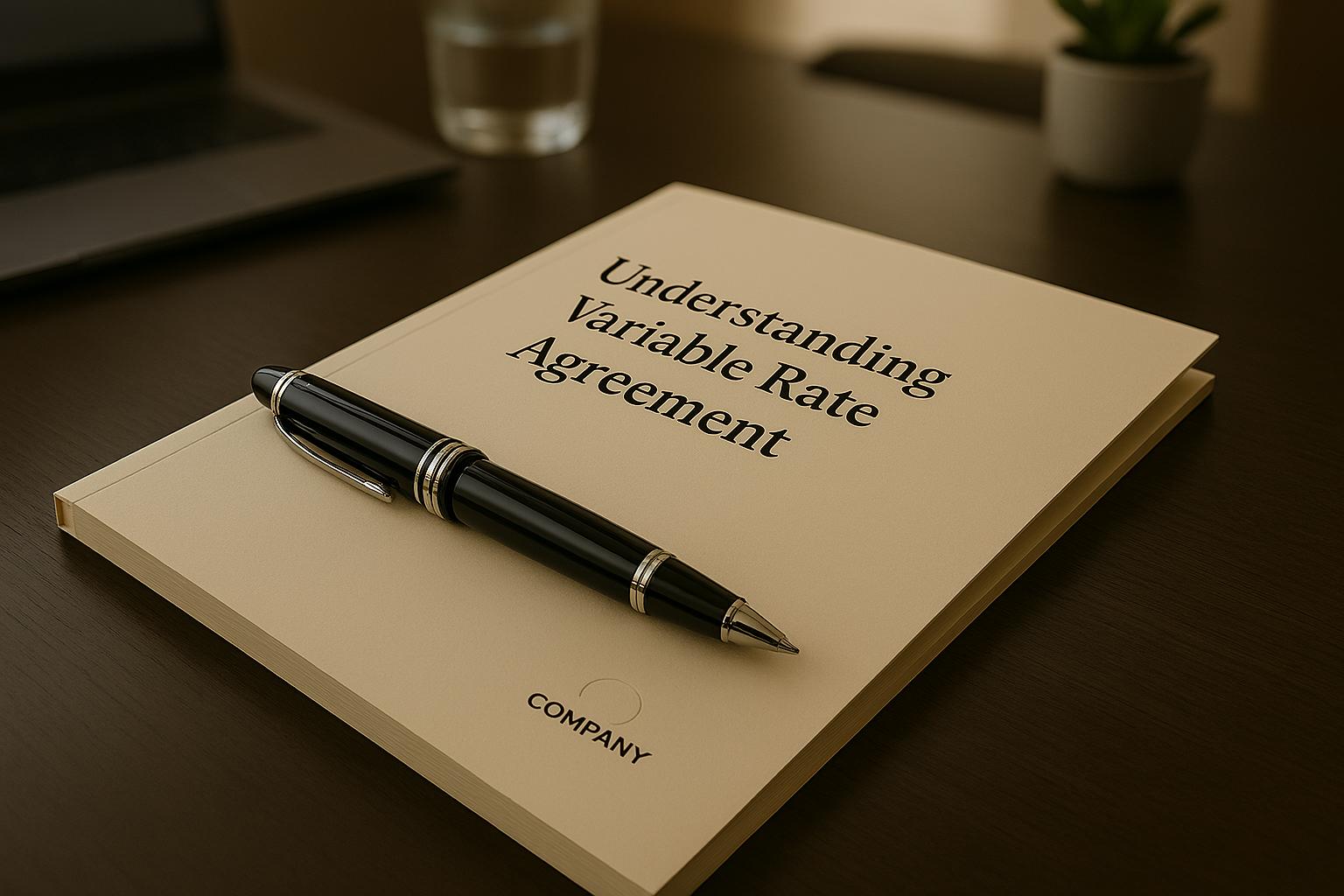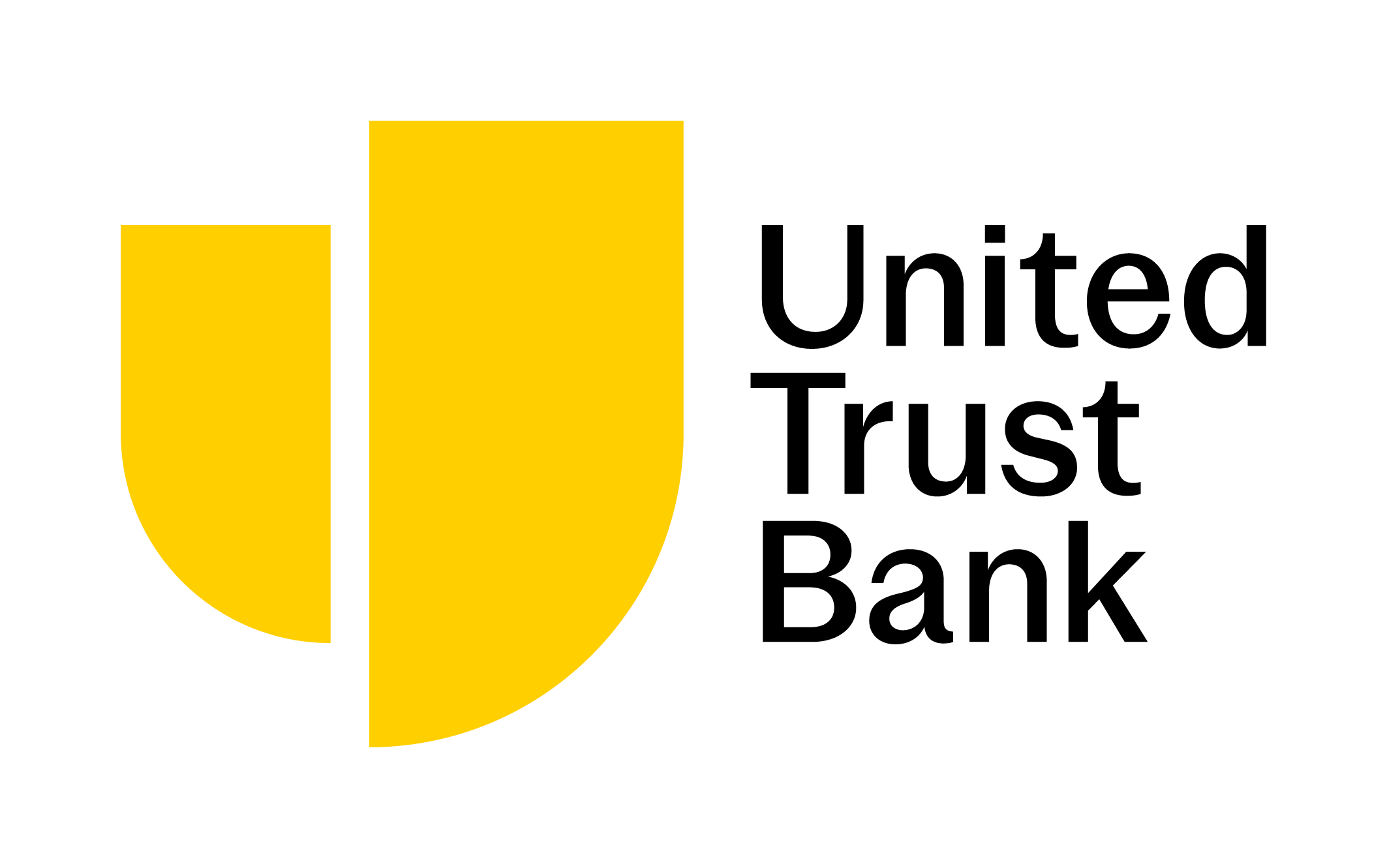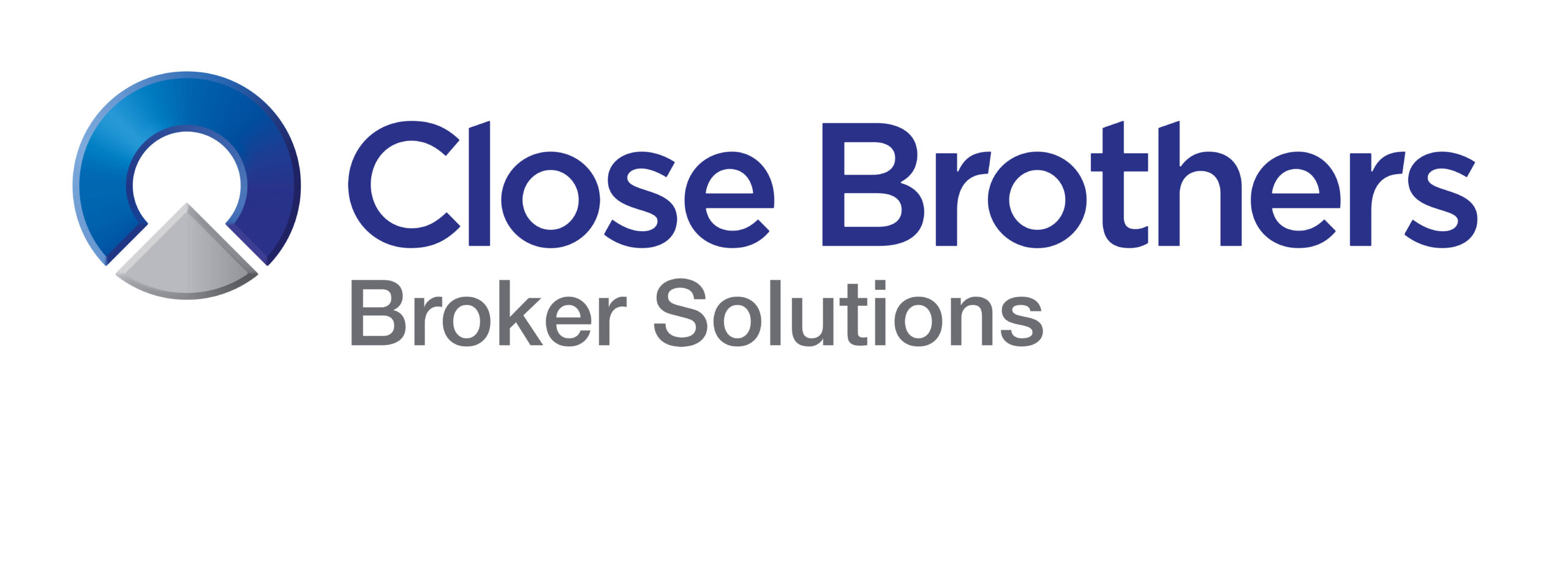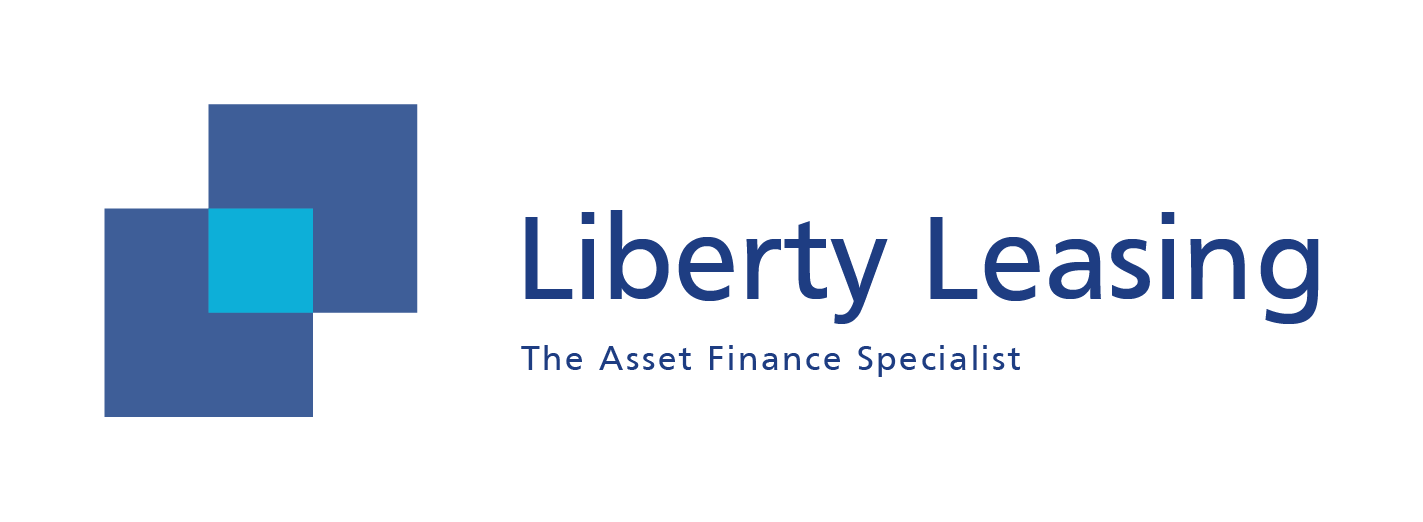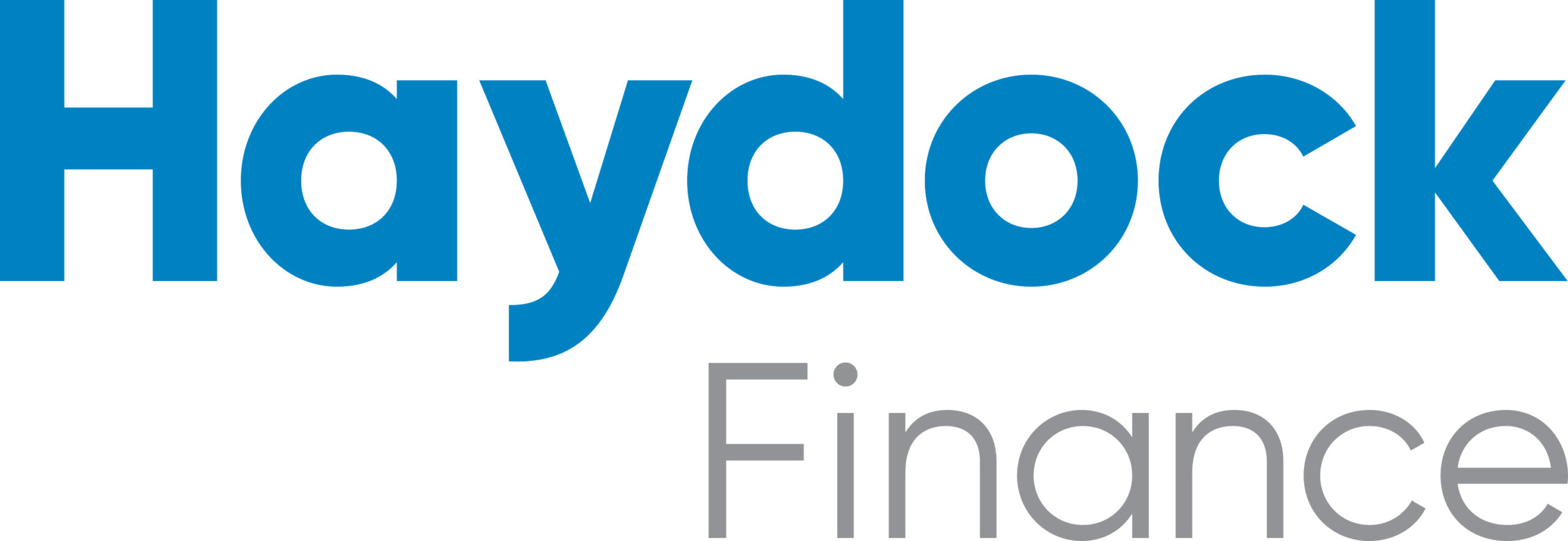Variable Rate
When looking to finance goods, you might encounter variable rate finance. This means the interest rate you pay on your loan or finance agreement can change over time, unlike a fixed rate where it stays the same.
How Variable Rate Finance Works
It all starts with you agreeing to a loan or finance arrangement with a lender. Your agreement will begin with an initial interest rate. However, this rate isn’t set in stone; it’s variable, meaning it will go up or down in line with a benchmark rate, such as the Bank of England base rate or LIBOR. Because of these rate changes, your monthly payments could either increase or decrease. You’ll repay the loan or finance over an agreed period, regardless of the rate fluctuations.
For guidance on tax implications and to ensure optimal tax efficiency, please consult a qualified tax advisor or accountant. Evogo Asset Finance does not provide tax advisory services.
Features and Benefits of Variable Rate Finance
One of the main draws of variable rate agreements is the potential for lower initial payments. They can sometimes start with a lower interest rate than fixed rate options, leading to more manageable monthly outgoings at the beginning. Another key benefit is the potential for decreased payments if the benchmark interest rate happens to fall. Additionally, some variable rate products offer more flexibility, like the ability to make overpayments without penalty.
Pros and Cons of Variable Rate Finance
Pros:
- You might benefit from lower initial payments.
- There’s the possibility of reduced payments if interest rates go down.
- Some agreements offer potential flexibility in their terms.
Cons:
- The biggest risk is that your payments could increase significantly if the benchmark rate rises.
- This unpredictability makes budgeting harder, as your monthly costs can fluctuate.
- If interest rates rise and remain high, you could end up with a higher overall cost.
Who is Best Suited to Variable Rate Finance?
Variable rate finance is best for certain types of individuals. It suits those with a high tolerance for risk, as you need to be comfortable with the possibility of your monthly payments increasing. You should also have strong financial stability to ensure you can afford potentially higher payments if interest rates rise. This option might appeal to people who believe interest rates are likely to fall, as they could benefit from lower payments. Essentially, it’s for borrowers who want to take advantage of any potential short term savings that lower rates might offer.
At Evogo Asset Finance, we believe that securing finance for your next acquisition, regardless of its type or purpose, should be a straightforward and empowering experience. Our process for obtaining specialist finance is meticulously designed to be very simple, safe, personalised, and secure:
Your Finance Options
We want to help you understand the different finance agreements available through Evogo Asset Finance so you can make an informed decision. This guide provides an overview of the features, benefits, and pros and cons of each finance option. We'll also explain the difference between regulated and unregulated agreements.
This information is for your understanding only. It's designed to help you determine which product best suits your needs, but it is not financial advice. Before you sign any agreement, the lender will provide a detailed explanation of the product you have chosen.

